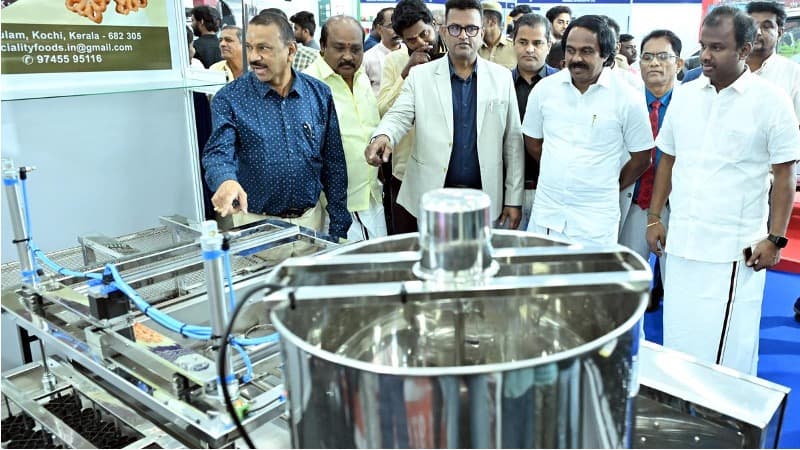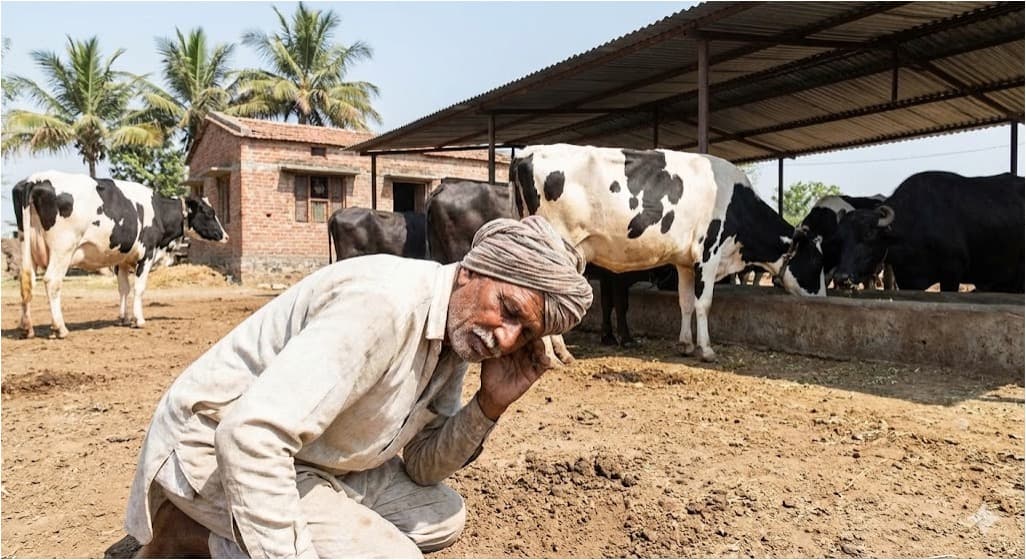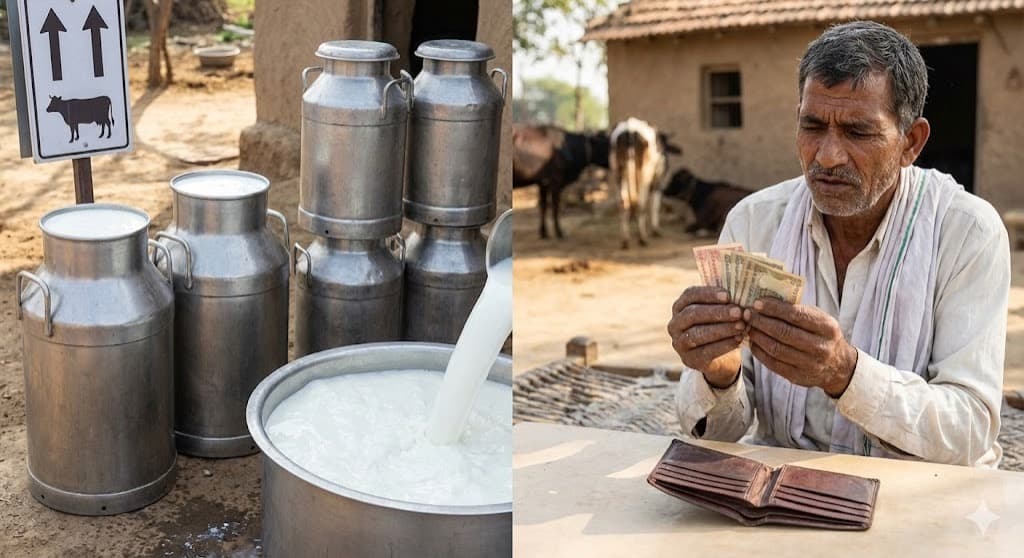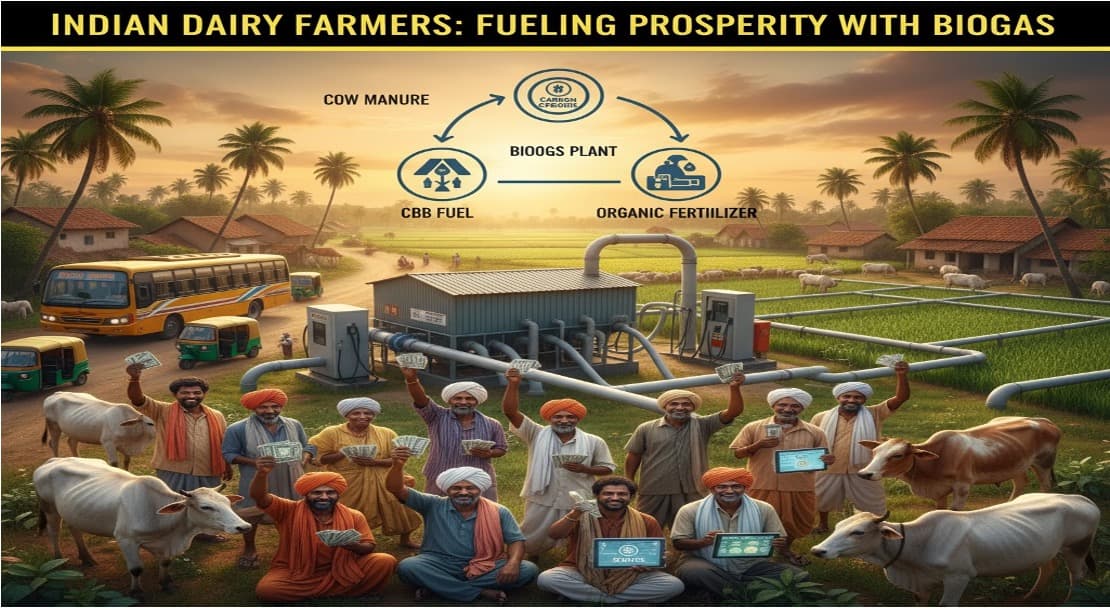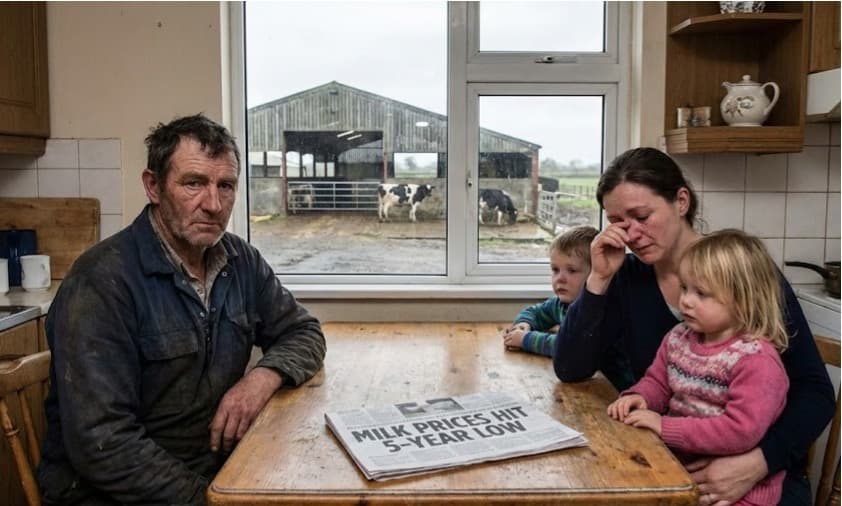ICCR chief moots certificate course on ‘cow milking’
The ‘New Education Policy’ (NEP) introduced by the Central government has scope for several innovations and educationists should think of introducing ‘cow or buffalo milking’ and ‘village management’ certificate courses for the rural folk, said Rajya Sabha MP and president of Indian Council for Cultural Relations Vinay Sahasrabuddhe on Sunday.
“The ‘10 plus two plus three’ education framework obviously did not fulfil the objectives as a mad rush to the colleges continued with vocational occupations suffering as people wanted to go for higher education. Higher education gives them (rural people) respect, dignity and social acceptance, so why can’t we have an out-of-the-box approach where universities can offer diploma courses in milking as it not easy to milk a cow or a buffalo. A certificate will give them prestige. Gram sewaks can given training in rural leadership. Three such courses can be converted into a degree,” he told an audience of academicians including vice-chancellors of various Telangana universities.
Mr. Saharsabuddhe was addressing a round table organised on MISSION 5151, an initiative of Gramodaya Chamber of Commerce and Technology (GCOT) in association with Institution of Engineers (India)-Telangana State chapter, here on Sunday.
The senior BJP leader said the universities can also think of having courses for college and university management since registrars have a tough time in preparing the roster for reservations giving rise to several accusations about social justice being denied to certain sections of the society.
Stating that social harmony in villages has been crumbling over the years due to community or caste issues, he called for earnest efforts to restore them. Social studies are required to study the changes in the villages to understand the people better and there is also a need to map cultural heritage and remove the distinction between arts and crafts, he said.
Vice-Chancellor of Professor Jayashankar Telangana State Agricultural University, V. Praveen Rao suggested creation of an open data platform in mission mode to bring agriculture in tune with the changing scenarios of climate change, technological changes, dietary patterns, ecological aspects, food procession and so on.
Osmania University Vice-Chancellor D. Ravinder Yadav said a ‘Centre for Telangana Studies’ is being set up and rebuilding of villages will be taken up as part of the academic social responsibilities.
Telangana State Council of Higher Education chairman R. Limbadri sought Centre’s assistance to improve higher education as several scientific institutions that have a base here and said enrolment at 36% is more than the national average of 26%.
GCOT managing director D. Vasanth Kumar explained the ‘village monograph’ project where the entire village is mapped for infrastructure, cultural, social and agriculture details. Dr. B.R. Ambedkar Open University Vice-Chancellor K. Seetharama Rao was among those who spoke on the occasion.
Source : The Hindu Aug 29 2021
